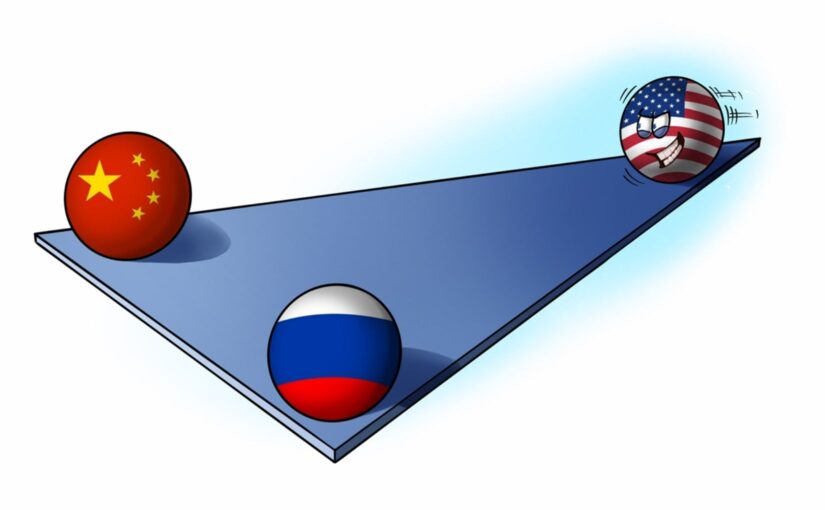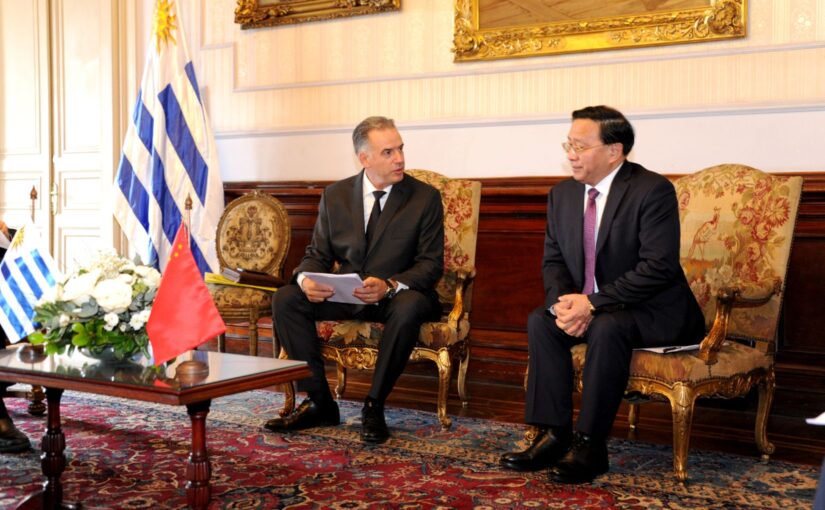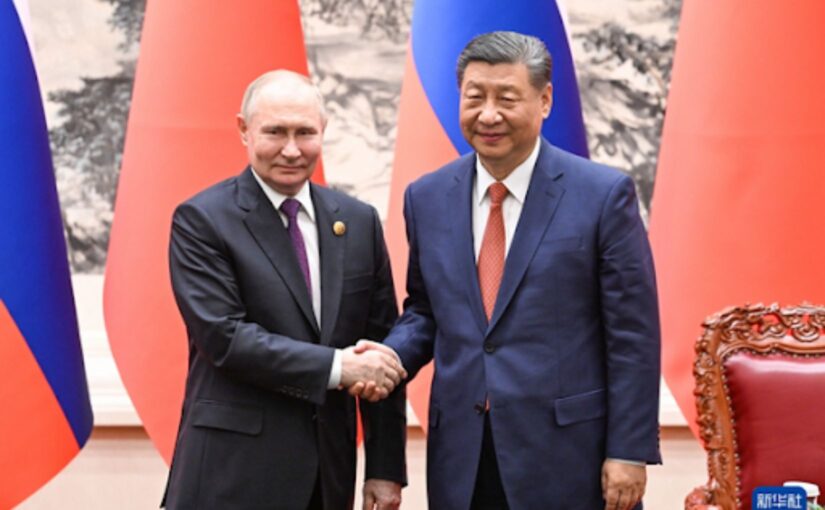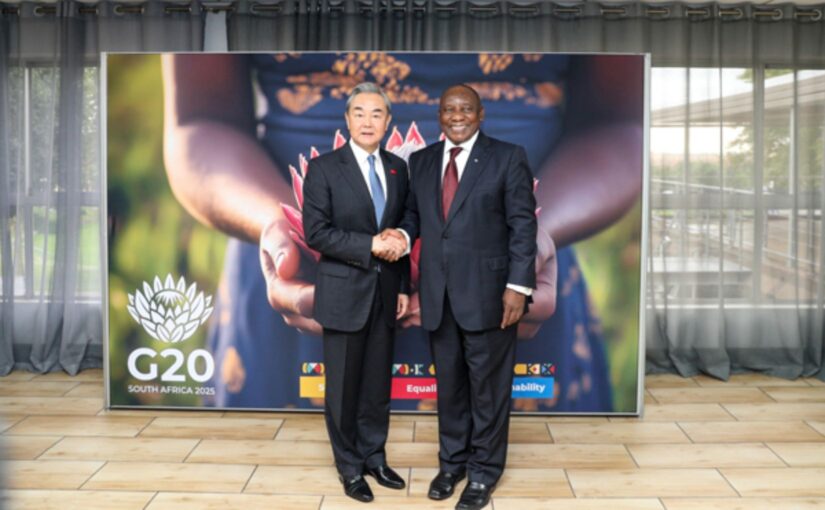The following article by Dirk Nimmegeers, which originally appeared on the China Square website, seeks to understand the rationale for the Trump administration’s seemingly bizarre tariff war, noting that it is a component of the US’s long-term strategy of containing China.
The US is using assorted means – persuasive and coercive – to win other countries to its side in its campaign of aggression against China. China meanwhile is “is forming or strengthen coalitions with continents, countries, regions and international organisations”, particularly among its Asian neighbours. “Correct relations, the strengthening of mutual trust and regular contacts between China and those neighbours, and among those same countries, are conducive to peace and prosperity.”
The article provides valuable context for President Xi Jinping’s visit to Vietnam, Malaysia and Cambodia this week.
The article was translated into English from the original Dutch by the author.
Madness?
Most people believe President Trump’s erratic policies will harm the US’s economic interests and alienate its allies. However, it is conceivable that, as Polonius said of Hamlet, ‘though this be madness, yet there is method in’t’. In other words, that there exists a rationale for Trump’s behaviour beyond simple folly and deranged impulsiveness.
In Europe, for instance, the US president has already succeeded in getting his demands for increased financial contributions to NATO accepted by allies. His team has doubled down on distrust of China and has escalated tensions even further than team Biden. In Europe, many influential groups and individuals would rather strike a deal with Washington than cooperate with Beijing.
By means of a global import blackmail, and somewhat later granting a 90-day reprieve to all countries except China, Trump and his ministers and advisers are trying to hit the People’s Republic hard. They want to undermine China’s growth and force China to accept US trade terms. Further, their aim is to punish China for its success in building a modern economy and technology and for its refusal to bow to US rule.
Targeting China and its neighbours
Moreover, Trump and co plan to entice other countries to side with the US against China, and if that fails, to force them to do so. The US elite successfully fought the socialist countries of Europe through an ideological Cold War, imperialist warfare worldwide, fomenting divisions, and a major arms race. Today, in the renewed Cold War, Generation Trump is deploying different tactics against the world’s largest socialist country. In this, financial and economic tactics play an important role.
The Chinese government says it is not seeking a fight with the US, but is ready to take it “to the end” if Washington forces it to do so. This is not grandstanding. The People’s Republic of China has a political leadership that enjoys strong political support from the people and is proving that both with economic growth and technological innovation, it has firmly established its policies and the means to defend them. The Chinese government, under the leadership of the Communist Party, primarily represents the interests of the vast majority of Chinese citizens.
Two-track policy
In doing so, however, it also champions economic globalisation that may benefit all countries. China favours an international system monitored and protected by institutions such as the United Nations, the World Trade Organisation, the International Atomic Energy Agency (IAEA) or the World Health Organisation. China takes initiatives for groupings that offer the countries of the Global South in particular new development opportunities and help them to pursue an independent course. The combination of taking care of domestic interests on the one hand and concern ‘for a shared future for humanity’ on the other is reflected in an economic and a geopolitical programme. Economically, this is called a dual circulation strategy. Geopolitically, China makes the case for its sovereignty and territorial integrity, as well as for multipolarity and peace policy. Driven by President Xi Jinping, Beijing is taking global initiatives such as the Global Development Initiative, the Global Security Initiative and the Global Civilisation Initiative.
To maximise the chances of success, the People’s Republic is forming or strengthen coalitions with continents, countries, regions and international organisations. Preferential countries for this are its Asian neighbours. It is quite obvious why. First of all, there is the importance of their friendship for national defence, but also for the number of people and social strata in China that live and benefit from trade. China no longer depends on imports and exports to the extent that it did at the beginning of the century; nevertheless these sectors remain essential and have a strong input in the domestic debate.
Which neighbouring countries?
China has land borders with no less than 14 states: Vietnam, Laos, Myanmar, Bhutan, Nepal, India, Pakistan, Afghanistan, Tajikistan, Kyrgyzstan, Kazakhstan, Mongolia, Russia and the Democratic People’s Republic of Korea (North Korea). In addition, there are neighbouring countries in Asia from which the People’s Republic is only separated by maritime areas, such as the Philippines, the Republic of Korea (South Korea) and Japan. Some more distant countries such as Cambodia, Thailand, Malaysia, Singapore, Indonesia, Brunei, East Timor also belong to the Southeast Asian neighbourhood region of China.
Correct relations, the strengthening of mutual trust and regular contacts between China and those neighbours, and among those same countries, are conducive to peace and prosperity. That’s why China has resolved most border issues with its neighbouring countries. In the region, Beijing seeks peaceful agreements between countries with divergent interests in the South China and East China Seas. A roadmap towards peaceful reunification with China’s Taiwan province is also vital for China’s territorial integrity in that context.
Needless to say, peace and prosperity are further served by China’s excellent economic and political relations with the Association of Southeast Asian Nations (ASEAN). The same goes for the Regional Comprehensive Economic Partnership (RCEP), in which China plays a leading role as a co-founding member. Measured by GDP, RCEP is the largest free trade agreement in the world. It unites the 10 countries of ASEAN, as well as Japan, South Korea, Australia and New Zealand, in addition to China itself. Cambodian expert Thong Mengdavid speaks of a “mega-trade pact, covering about 2.3 billion people, which has shown its ability to boost regional economic growth, promote trade liberalisation and foster deeper integration among members”. According to Thong, this is “proof of the power of economic integration. It proves that cooperation, not isolation, leads to prosperity.”
Two visions on international politics
Western views and approaches to global politics are based on ‘prosperity through self-interest and neo-colonialism’ and ‘peace through domination and conflict’. Trump’s Make America Great Again is currently the most extreme example of this. China refuses to submit to it and, within the framework of its socialist project, offers an attractive alternative to it.
Contradictions in neighbouring countries
Many of China’s neighbours experience contradictions between, on the one hand, supporters of closer relations with the People’s Republic and, on the other, supporters of submission to the US or a continued alliance with it. In addition, there is always a current that refuses to make a choice, but is often forced to do so by the course of history. In the Republic of Korea (South Korea), for example, the political world is torn between a Democratic Party that wants rapprochement with China and peace with North Korea, and a party of politicians who believe that the country’s interests are best served by continued obedience to the United States. In Japan, some politicians are more open to the alliance between Washington, Seoul and Tokyo, while others prefer a trilateral with Beijing.
Indian ministers and other policymakers aspire to become a rival to the People’s Republic as an Asian superpower, so they are offering the West their services, and participating in projects like the India – Middle East – Europe Economic Corridor (IMEC). IMEC would like to be a rival to the Belt and Road Initiative (BRI). Hostility with Pakistan, a prominent participant in the BRI, is one of the reasons for this. These Indian nationalists hinder their political opponents who want to go forward on the logical path of peace and progress between two Asian giant civilisations. Vietnam has a political system and economic policies closely akin to China’s, and a history of socialist brotherly relations with the People’s Republic. But even there, there are apparently groups that, for various reasons, seem to advocate accommodation with the United States, the historical imperialist enemy.
To be continued
Understandably, then, Chinese President Xi Jinping wants to ‘strengthen strategic ties with neighbouring countries’. China plans to do this ‘by taking differences into account appropriately and strengthening supply chain ties’. These remarks were made at a central working conference on diplomacy with neighbouring countries held by the CPC in Beijing on Tuesday and Wednesday of last week.
With the following terms China’s foreign ministry announced Xi Jinping’s trip to important neighbouring countries this week. ‘At the invitation of General Secretary of the Central Committee of the Communist Party of Vietnam to Lam and President of the Socialist Republic of Vietnam Luong Cuong, General Secretary of the Central Committee of the Communist Party of China and President of China Xi Jinping will pay a state visit to Vietnam from 14 to 15 April. At the invitation of the King of Malaysia, His Majesty Sultan Ibrahim, and King Norodom Sihamoni of Cambodia, President Xi Jinping will pay a state visit to Malaysia and Cambodia from 15 to 18 April.’
We look forward to learning what opportunities the negotiators agree on for countering MAGA man Trump.
Sources: Xinhua, Min. BuZa China, Friends of Socialist China, Pascalcoppens.com, China Daily, Global Times, Unachina.org, Clingendael.org, South China Morning Post, Asia Times, Morning Star, Geopolitical Economy Report
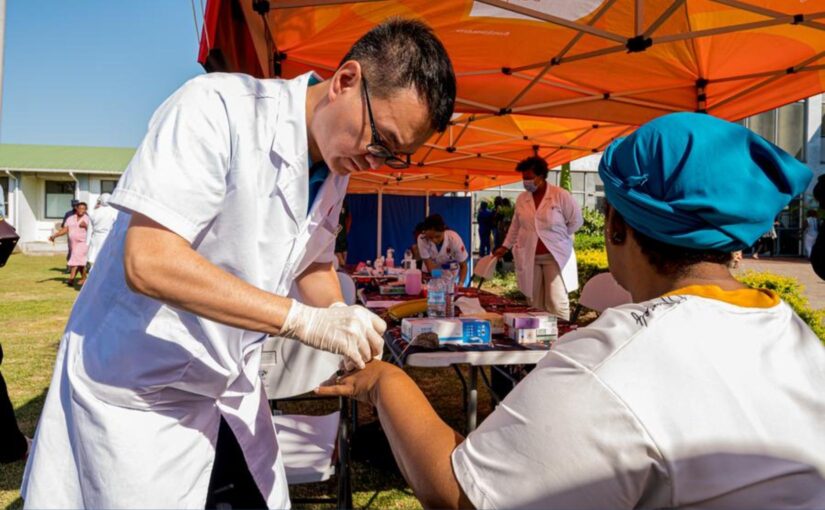
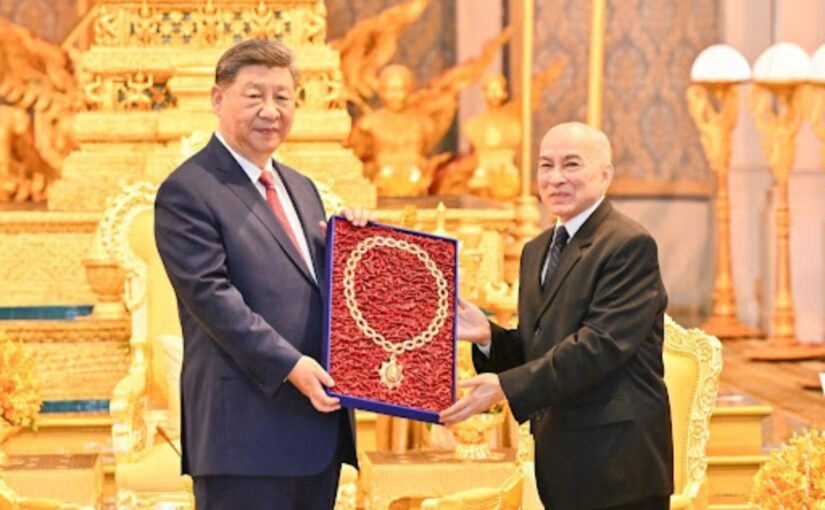
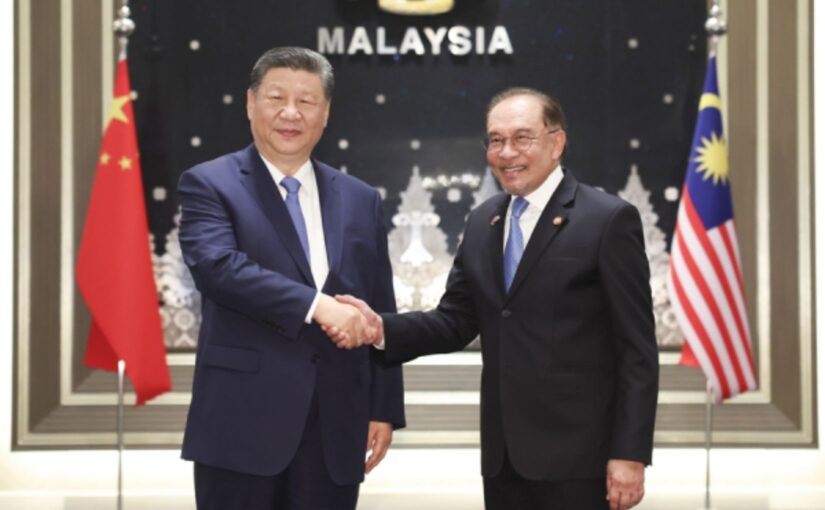
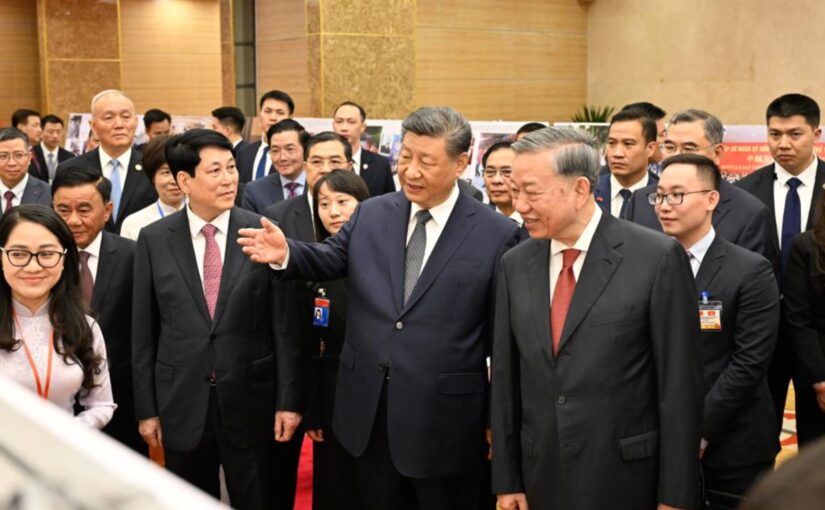
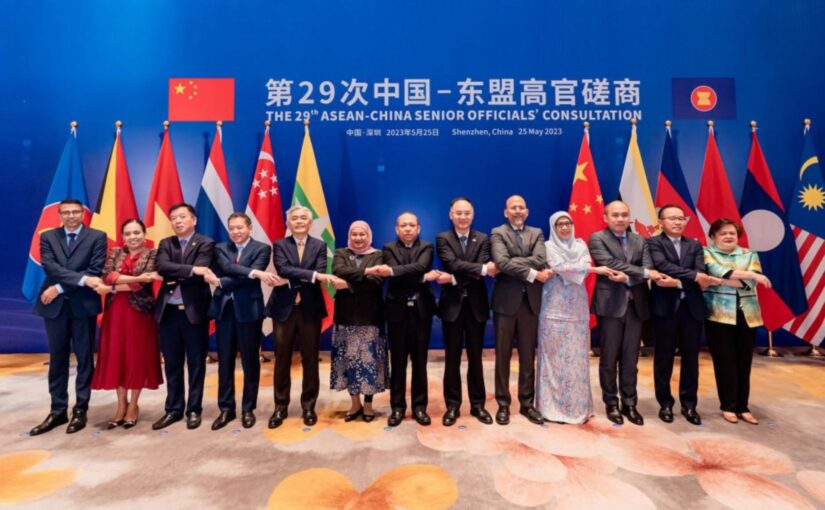
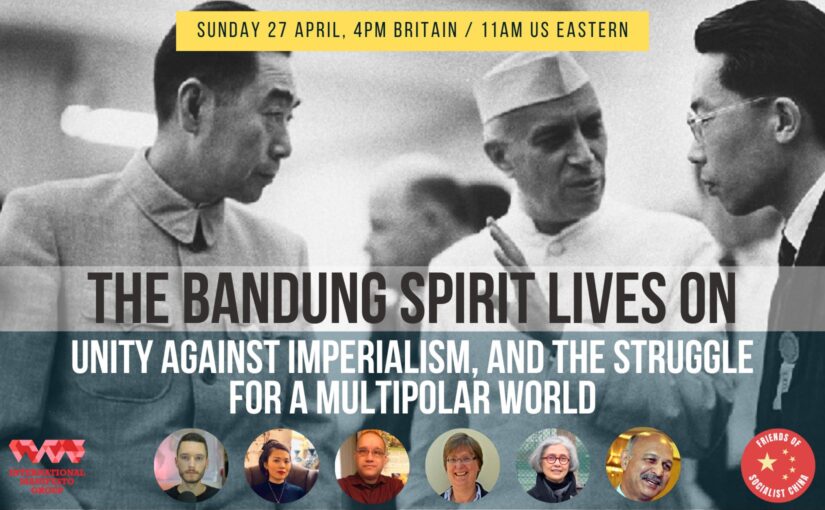
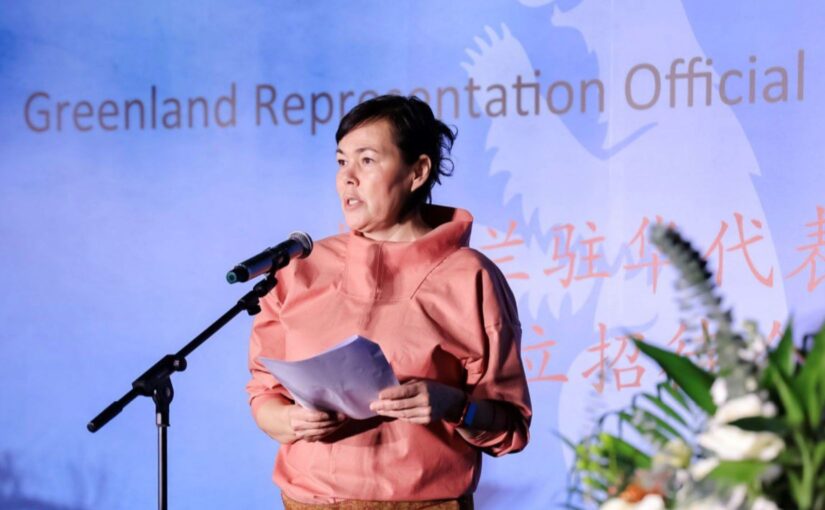
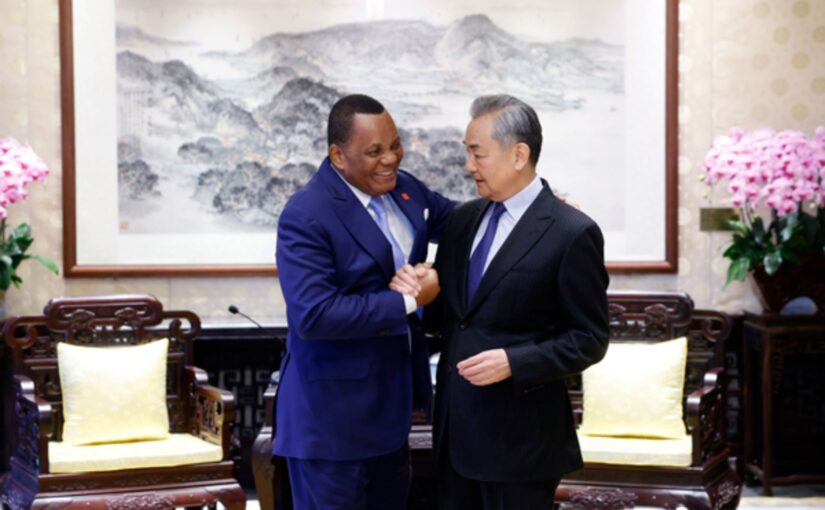
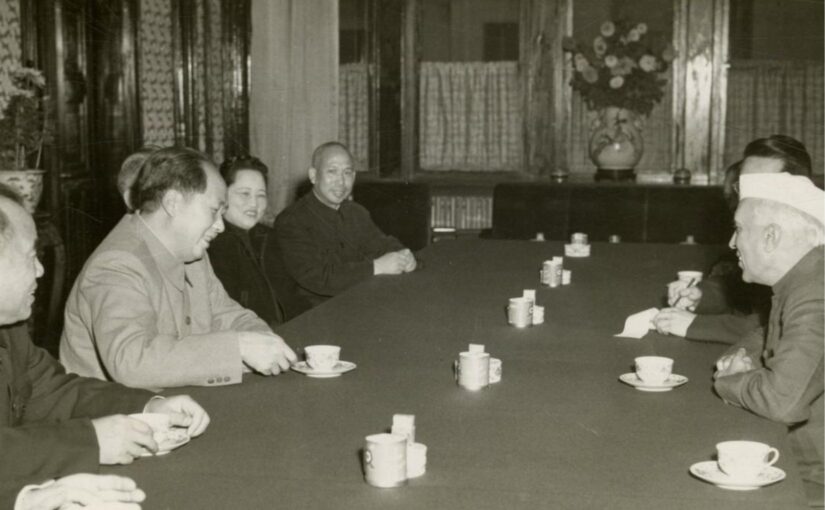
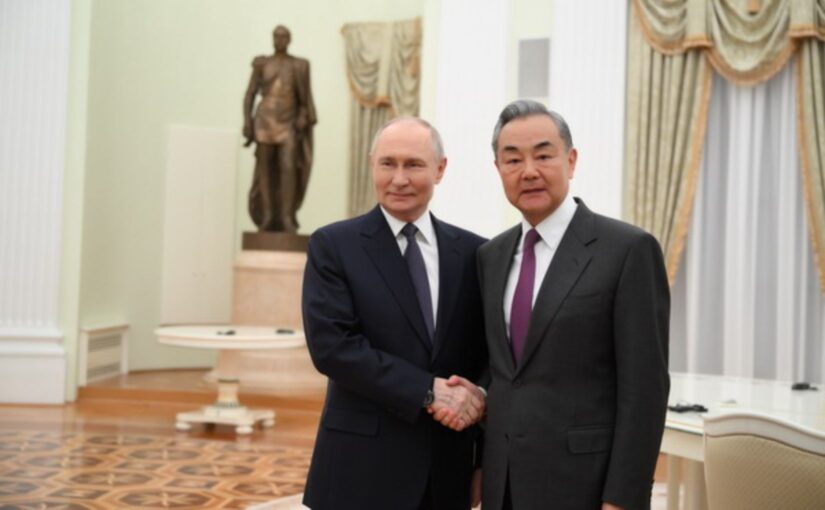
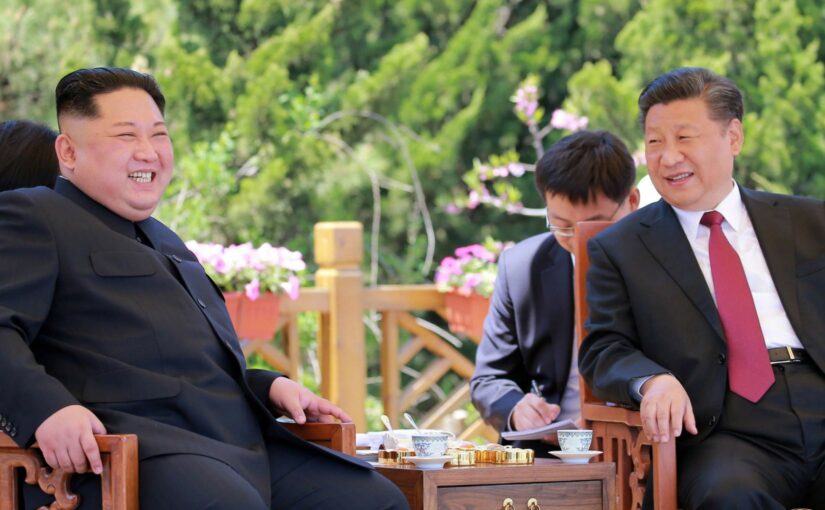



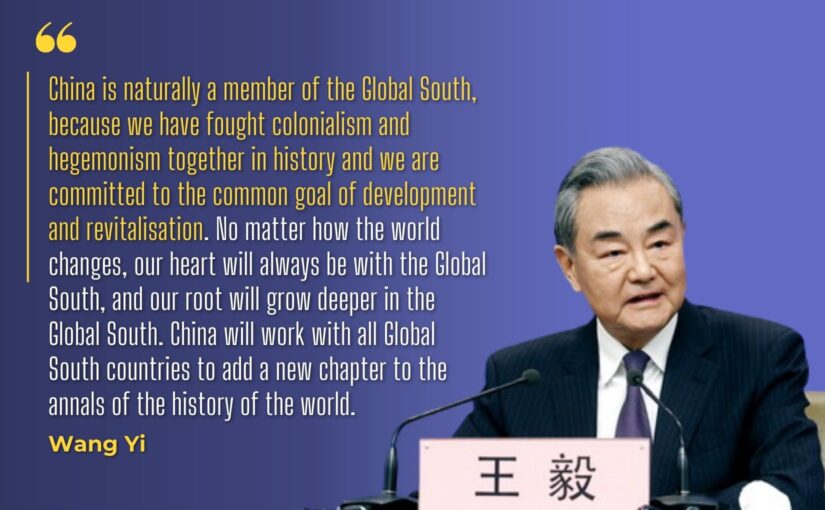
![Céad Míle Fáilte [100,000 Welcomes] for New Chinese Ambassador to Ireland](https://socialistchina.org/wp-content/uploads/2025/03/fosc-2025-03-09T180930.882-825x510.jpg)
